A new report claims that internally, Apple is discussing how Apple Vision Pro could detect signs of mental health issues, and perhaps also help treat them.
Apple has already been said to have more plans for Vision Pro use cases than it has announced, and there have been health possibilities, such as surgeons seeing vital data during operations. Plus a very great many of the company's patents to do with Vision Pro have it using sensors to gauge a wearer's stress levels.
According to The Information, Apple employees have also been working on a much more specific use of the technology to help with mental health. Citing unnamed sources said to have direct knowledge of the discussions, the publication says that Vision Pro could measure a wearer's facial expressions to detect depression, anxiety, or more.
Then, according to one of the sources, the headset could display images and play back audio that could improve the wearer's emotions.
Reportedly, Apple staff including Mike Rockwell, leader of Apple's Vision Products Group, have spent considerable time on the idea. They are also said to have hired health experts explicitly to explore such possible functions.
Apple did not comment on the article. However, The Information says that many people who worked on Vision Pro over the last few years say that they had been extensively exploring such mental health ideas.
In each case, the core concept is to use Vision Pro's cameras and eye-tracking features to measure what's called the wearer's affect. "Affect" is a psychology term covering feelings and moods that a person has, and which our bodies indicate.
The report is not clear where Apple stands with the research, or whether they are even some benefits that might come with later iterations of the Vision Pro.
Apple says that the Vision Pro will launch in early 2024. Most recently, it was reported that staff training with the product would begin in the first months of the year.
 William Gallagher
William Gallagher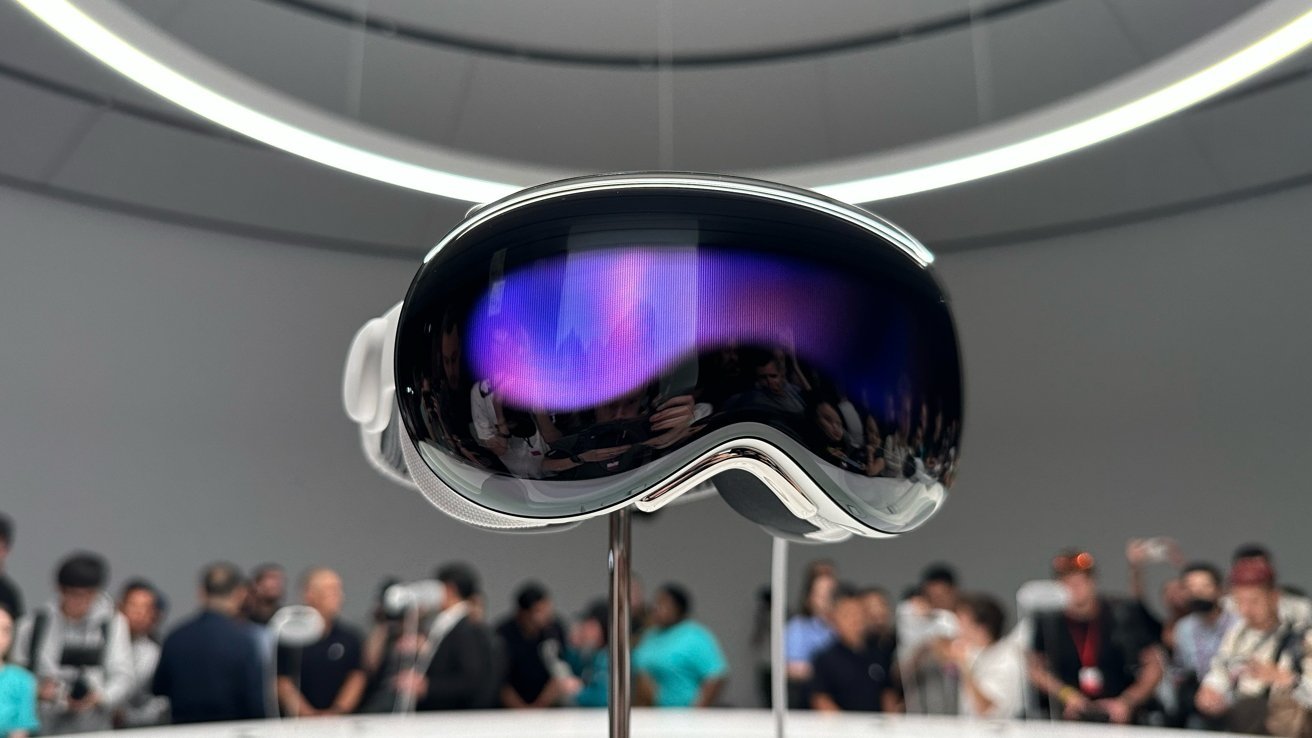








 Amber Neely
Amber Neely
 Marko Zivkovic
Marko Zivkovic
 Malcolm Owen
Malcolm Owen

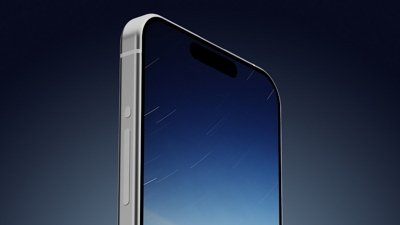
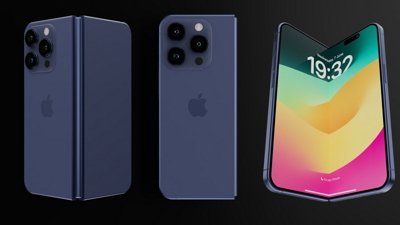

 Andrew Orr
Andrew Orr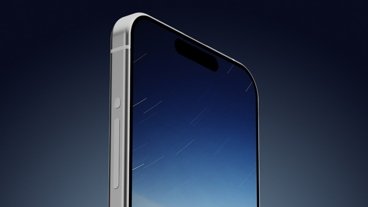
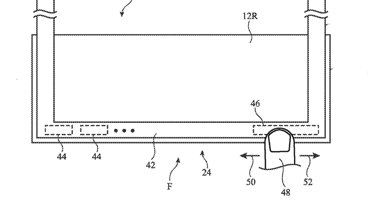







10 Comments
No hospital is going to use an Apple consumer product for a safety critical application.
Use the headset to drive you insane and thus confirm the diagnostic: genius!
Hospitals should open up with new technology if it's available, not as alternative, but for supplement, to help patients. Any helps are helpful. This is why I hate red tape.
You could detect quite a few health conditions through examinations of your retinas and eyes. So, if OpticID can provide good retinal data, a wearer of the VP could be told they are diabetic, or is getting there, have high blood pressure, have nerve or brain conditions, types of cancer. Basically it can correlate your retina's and eye movements to a set of known symptoms, which is basically what the eye machines and doctor's do.
Any condition increase eye pressure, affects eye movement, changes the blood flow in the retina, etc, could be detected by OpticID and eye tracking performance.
It's early. They still need to answer the question of getting people to use it regularly.